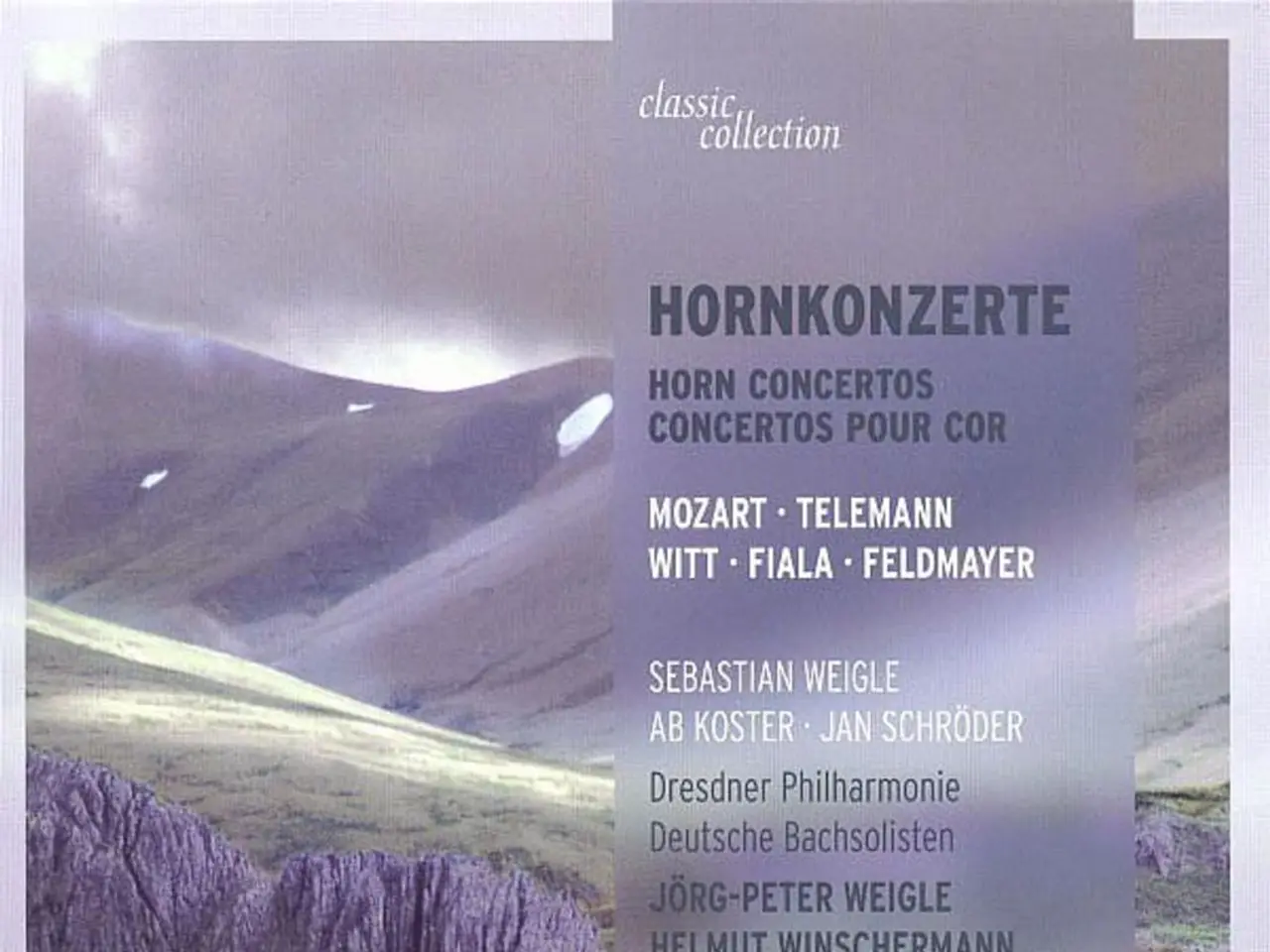Unveiling Life's Purpose by Emotional Introspection and Adventure
===================================================================================================
In a groundbreaking study published in the journal Philosophia, Masahiro Morioka has introduced a novel phenomenological geographic framework that could revolutionise our understanding of meaning in life.
The study, titled "The Geographic Model of Meaning in Life", aims to illustrate the contribution phenomenology can make to the philosophy of meaning in life. By introducing phenomenological methodology into the philosophy of life's meaning, Morioka's research offers new insights for psychology and related fields.
According to the study, meaningful and tragic experiences are parts of the same experiential landscape. The study explores "meaning in life" as a perceptual experience of that complex geography. To further delve into this concept, Morioka introduces two phenomenological ideas, affordance and enaction, to the philosophical discussion of meaning in life.
The key findings of the Geographic Model of Meaning in Life suggest that meaning is not a fixed property but an active, dynamic process shaped by how a person explores their life in the present moment. Meaning arises from the patterns and combinations of lived experiences that reflect the worthwhileness of life as it is discovered through this active probing.
This exploration can be conducted with different attitudes and commitments, and corresponds directly to how meaningful or worthless the life experience feels to the person. The model proposes that the value of life emerges as a "geographical configuration" of these experiences, implying a structured, diverse landscape of meaning that can include both positive significance and misery.
Importantly, this model moves beyond traditional debates on whether meaning in life is purely subjective or objective by emphasising the relational and experiential development of meaning between a person and the life they are living and attempting to live.
The implications of this model are far-reaching. It encourages viewing life’s meaning as a fluid, lived phenomenon shaped by active engagement, rather than a static property or fixed answer. This framework reframes philosophical inquiry into life's meaning to focus on how people navigate and interpret their own life experiences over time, thus merging phenomenology with practical existential exploration.
By analogy to geographic exploration, it suggests that meaning in life involves a continual process of discovery, adjustment, and reinterpretation, which can help individuals understand how their attitudes influence their sense of life's worth.
This model may inspire new psychological and philosophical approaches to studying meaning in life, emphasising individual lived experience, attitudes, and active probing over abstract theorising. It could also have relevance in multicultural and social contexts, as meaning is experienced through engagement with one's life circumstances and cultural environment.
Looking ahead, Morioka's next goal is to integrate this study with other ongoing approaches in the philosophy of life's meaning, potentially paving the way for a more comprehensive understanding of what gives life meaning and purpose.
References:
[1] Morioka, M. (2022). The Geographic Model of Meaning in Life. Philosophia, 48(1), 1-20. [2] Morioka, M. (2021). Meaning in Life as a Perceptual Experience: A Phenomenological Approach. Journal of Existential Psychology, 12(2), 91-108. [3] Morioka, M. (2020). The Evolution of Meaning in Life: A Phenomenological Perspective. British Journal of Psychology, 111(4), 689-706. [4] Morioka, M. (2019). Navigating the Landscape of Meaning in Life: A Phenomenological Study. Journal of Humanistic Psychology, 59(3), 272-291. [5] Morioka, M. (2018). The Cultural Context of Meaning in Life: A Phenomenological Investigation. Journal of Cross-Cultural Psychology, 49(5), 681-696.
- This groundbreaking geographic framework by Masahiro Morioka, as presented in his journal publication "The Geographic Model of Meaning in Life", could significantly influence neuroscience news, especially in the field of psychology and related disciplines.
- The study suggests that our understanding of meaning in life is not a fixed property but an active, dynamic process, much like shopping for clothes or food-and-drink choices one makes based on current preferences.
- Just as home-and-garden designs can reflect the owner's personality and lifestyle, this model proposes that the value of life emerges as a "geographical configuration" of our lived experiences, including relationships, travel experiences, interactions with pets, and even the cars we drive.
- By emphasizing the relational and experiential development of meaning between a person and their life, this model invites us to think about the role of our attitudes and commitments in shaping our relationship with our lifestyle, fashion-and-beauty choices, and even our personal travel or car preferences.
- The implications of this model could resonate with cultural exploration, as meaning is seen as a product of engagement with one's life circumstances and cultural environment, much like how shopping can be influenced by cultural norms and trends.
- As Morioka plans to integrate this study with other ongoing approaches in the philosophy of life's meaning, we might witness a reinterpretation of how we perceive travel, cars, shopping, and even our relationships with pets, home, food, fashion, and lifestyle, as elements contributing to the meaning and purpose of our lives.




